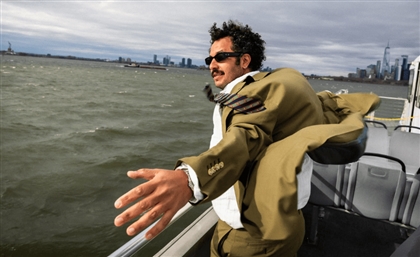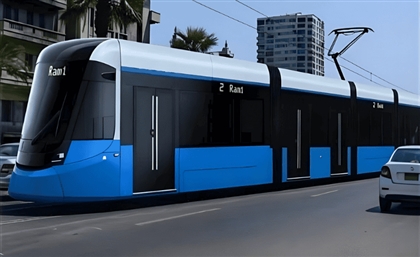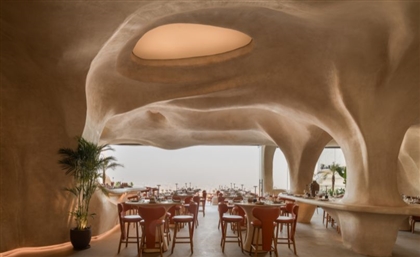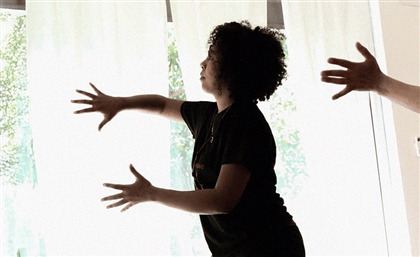Upper Part of King Ramesses II Statue Discovered in Al-Ashmunin
The statue’s bottom part, discovered in 1930, is soon to be made whole.
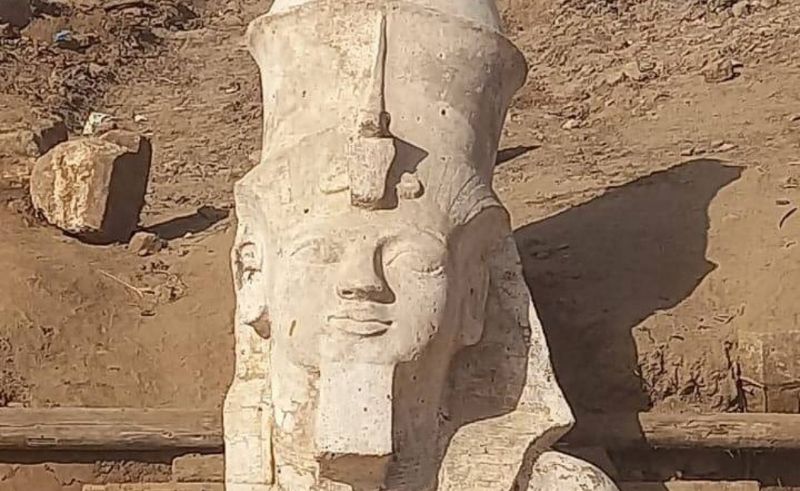
The joint Egyptian-American archaeological mission, led by the Supreme Council of Antiquities and the University of Colorado, has succeeded in uncovering the upper part of a colossal statue of King Ramesses during excavations in the Ashmunin area of Minya Governorate.
The discovered part is made of limestone and measures about 3.80 metres in height. It depicts King Ramesses II sitting, wearing the double crown, and a cobra royal headdress. Hieroglyphic inscriptions of titles praising the king are also present on the upper part of the statue's back pillar.
The archaeological study conducted on the upper part of the statue proved that it complements the lower part discovered by the German archaeologist G. Roeder in 1930. Now that the mission of archaeologically cleaning and consolidating the statue has begun, researchers have begun studying the statue to develop plans for its reunification, at which state the statue could reach 7 metres in height.
Dr Adel Akasha, head of the Central Administration of Antiquities in Middle Egypt, stated that the mission began excavations in the area last year in an attempt to uncover the religious center of the city of Ashmunin during the Modern State and Roman eras. Among the temples in the area is a temple dedicated to King Ramesses II, which is where the statue was discovered. It is confirmed that the discovery of this significant part of the statue indicates the importance of this site, which will reveal further archaeological discoveries in the future.
- Previous Article Italian-Palestinian Duo No Input Debuts Eponymous Electro EP
- Next Article Travel Across History on Egypt's Most Iconic Bridges








